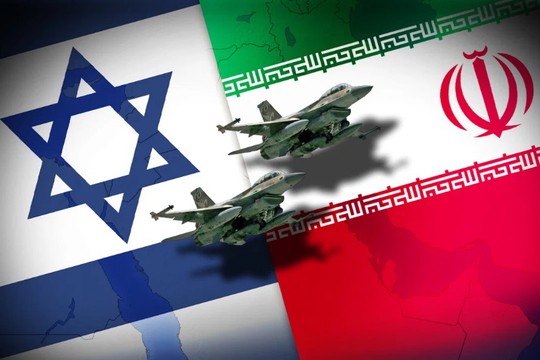There is a proverb — ‘If you want to climb a mountain, begin at the top.’ All the show of contrived enthusiasm by the US President Joe Biden and CIA Director William Burns over a Israel-Hamas deal on Gaza war cannot obfuscate the grim reality that unless and until Israeli Prime Minister Netanyahu greenlights it, this is a road to nowhere, writes M.K. Bhadrakumar, Indian Ambassador and prominent international observer.
But what did Netanyahu do? On the eve of the US Secretary of State Antony Blinken’s arrival in Tel Aviv on Sunday to press the flesh and cajole Netanyahu to cooperate, the latter disdainfully ordered yet another air strike in in the central town of Deir Al-Balah in Gaza, killing “at least” 21 people, including six children. Biden had emphasised only the previous day that all parties involved in the Gaza ceasefire negotiations should desist from jeopardising the US-led diplomatic efforts to halt the war and secure a deal to return hostages and achieve a ceasefire to end the bloodshed.
And this was even after a ‘senior administration official’ who has been actively involved as negotiator — presumably, Burns himself — laboured to convey in a special briefing from Doha that the negotiations had reached an inflection point. The crux of the matter is that the western leaders have a maximum pressure strategy toward Iran to exercise restraint while they don’t have the moral or political courage to tackle Netanyahu, who is invidiously undermining the Doha process because he is simply not interested in a ceasefire deal that may lead to his removal from power, investigation to pin responsibility for October 7 attacks, revival of court cases against him and possible jail sentence if convicted.
Tehran has adopted a mature, responsible attitude not to derail the Doha process. The point is, Iran is keen that the horrific war that the Israeli state unleashed in Gaza must be somehow brought to an end. Over 40,000 people have died so far.
That said, Hamas’ response to the US’ “bridging proposal” at Doha meeting will be a major determinant for Tehran. From available indications, there are serious disagreements over Israel’s continued military presence inside Gaza, particularly along the border with Egypt, over the free movement of Palestinians inside the territory, and over the identity and number of prisoners to be released in a swap. Both Israel and Hamas have signalled that a deal will be difficult.
On the other hand, the new Iranian government under Masoud Pezeshkian has highlighted his desire for a constructive engagement with the West and prioritises the removal of western sanctions.
There is much food for thought here for the strategists in the White House. Suffice to say that what Pezeshkian’s predecessor late Ebrahim Raisi left behind as his foreign policy legacy will continue to guide the new government. That signals a high level of national consensus.
Tehran’s grit to push back western bullying is also at an all-time high level. The bottom line is that Iran will not submit to western diktat. In today’s circumstances, therefore, it is unrealistic to expect Tehran not to react to the Israeli aggression of July 31. Iran’s sovereignty was violated and its response will be strong and decisive, — and as a deterrent for the future as well.
No amount of muscle-flexing by Washington will frighten Tehran. The national unity, unlike in the US, is a crucial factor. The stunning endorsement by the Majlis of the entire list of cabinet ministers proposed by President Masoud Pezeshkian shows that there is no daylight between the different branches of state power. All indications are that Supreme Leader Ayatollah Khamenei and Pezeshkian are on the same page — and this message has gone down the echelons of policymaking and state power in Tehran.
In a statement to The Wall Street Journal, Iran’s UN mission said any response must both punish the Israeli regime and deter future strikes in the country, but also “must be carefully calibrated to avoid any possible adverse impact that could potentially influence a prospective ceasefire.
“The timing, conditions, and manner of Iran’s response will be meticulously orchestrated to ensure that it occurs at a moment of maximum surprise; perhaps when their eyes are fixed on the skies and their radar screens, they will be taken by surprise from the ground — or, perhaps, even by a combination of both.”
The Iranian statement from the UN podium in New York is a message addressed to the White House that the ball is in the US-Israeli court.
As the former Israeli war minister Avigdor Lieberman pointed out that the agony of the indeterminate waiting for Tehran’s retaliatory operation is in itself an achievement for Tehran and the Axis of Resistance.
read more in our Telegram-channel https://t.me/The_International_Affairs

 12:20 23.08.2024 •
12:20 23.08.2024 •























